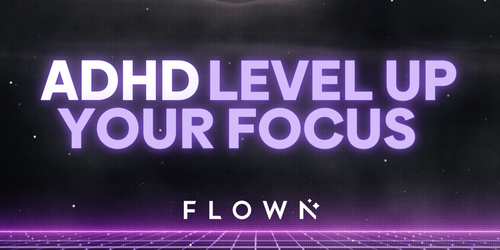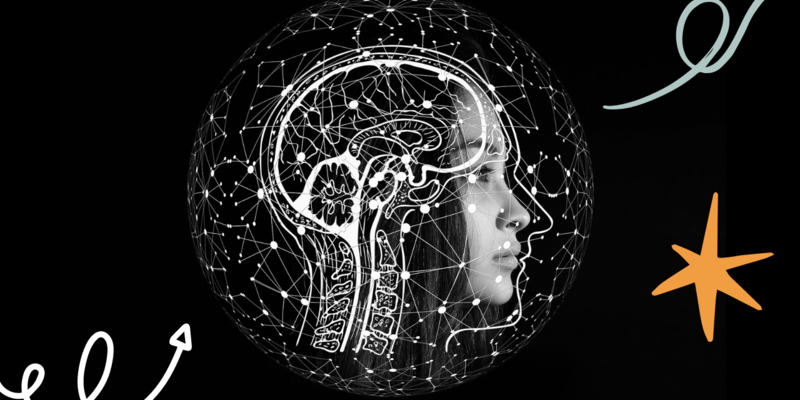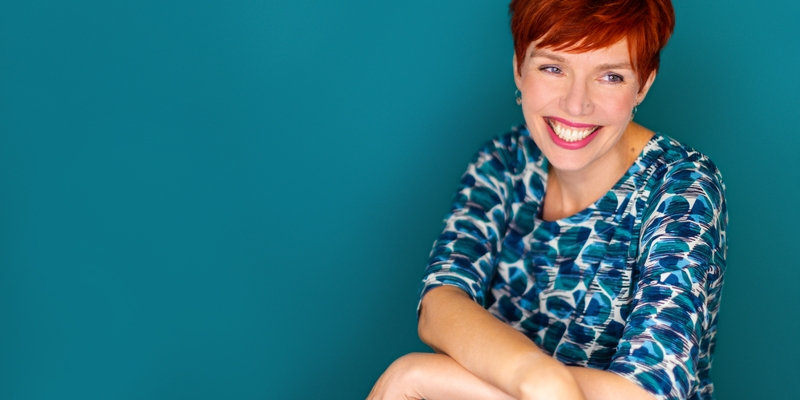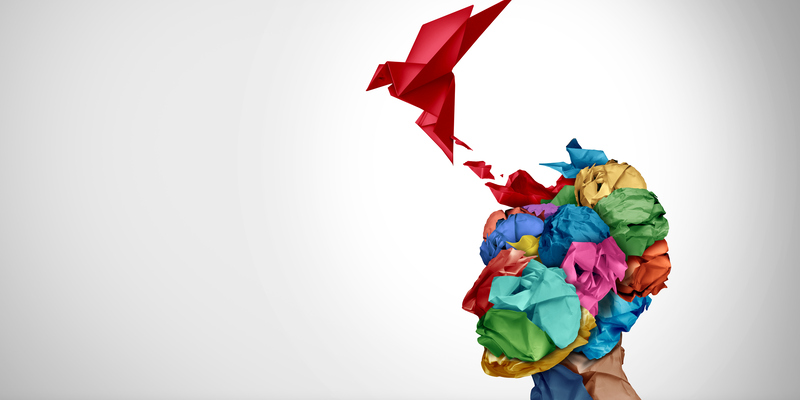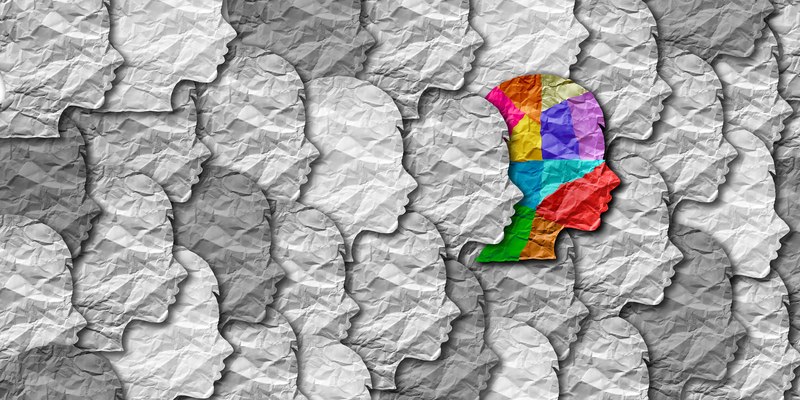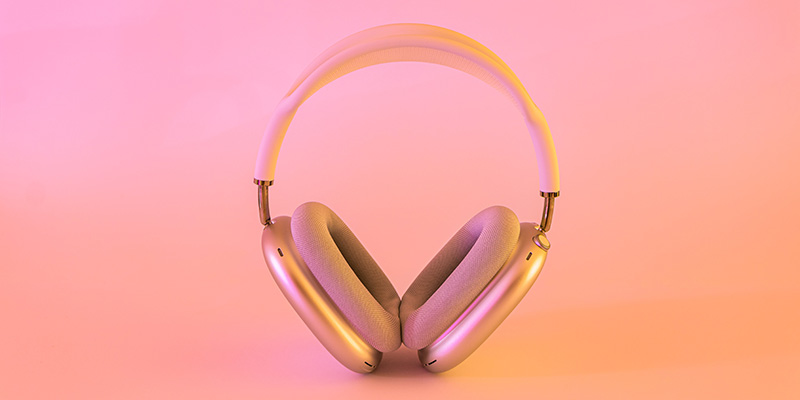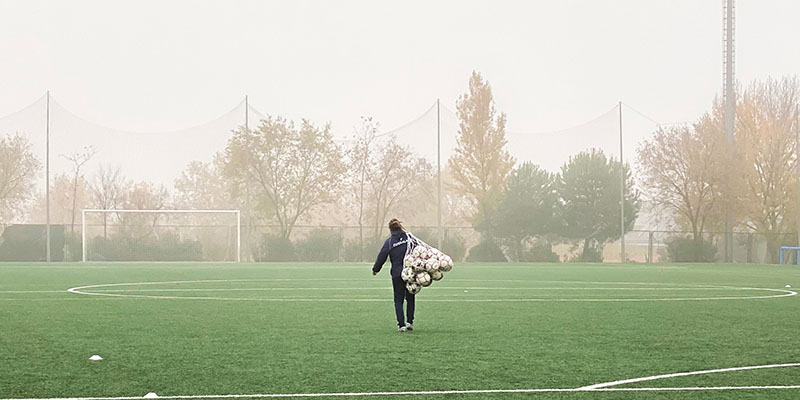Neurodiversity at work: Flown interviews Dr Tony Lloyd (CEO, ADHD Foundation)
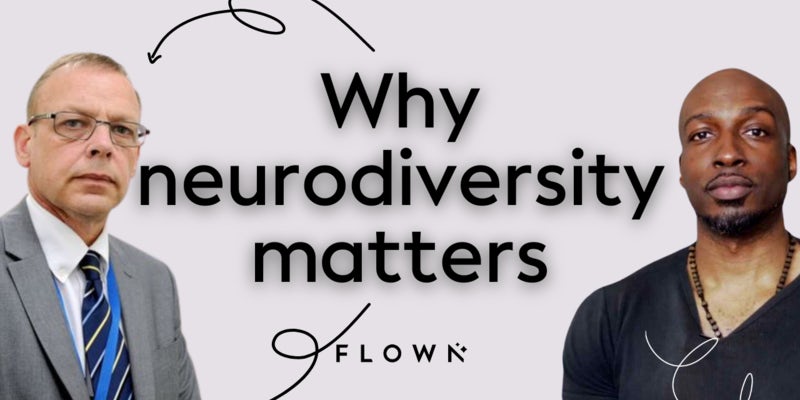
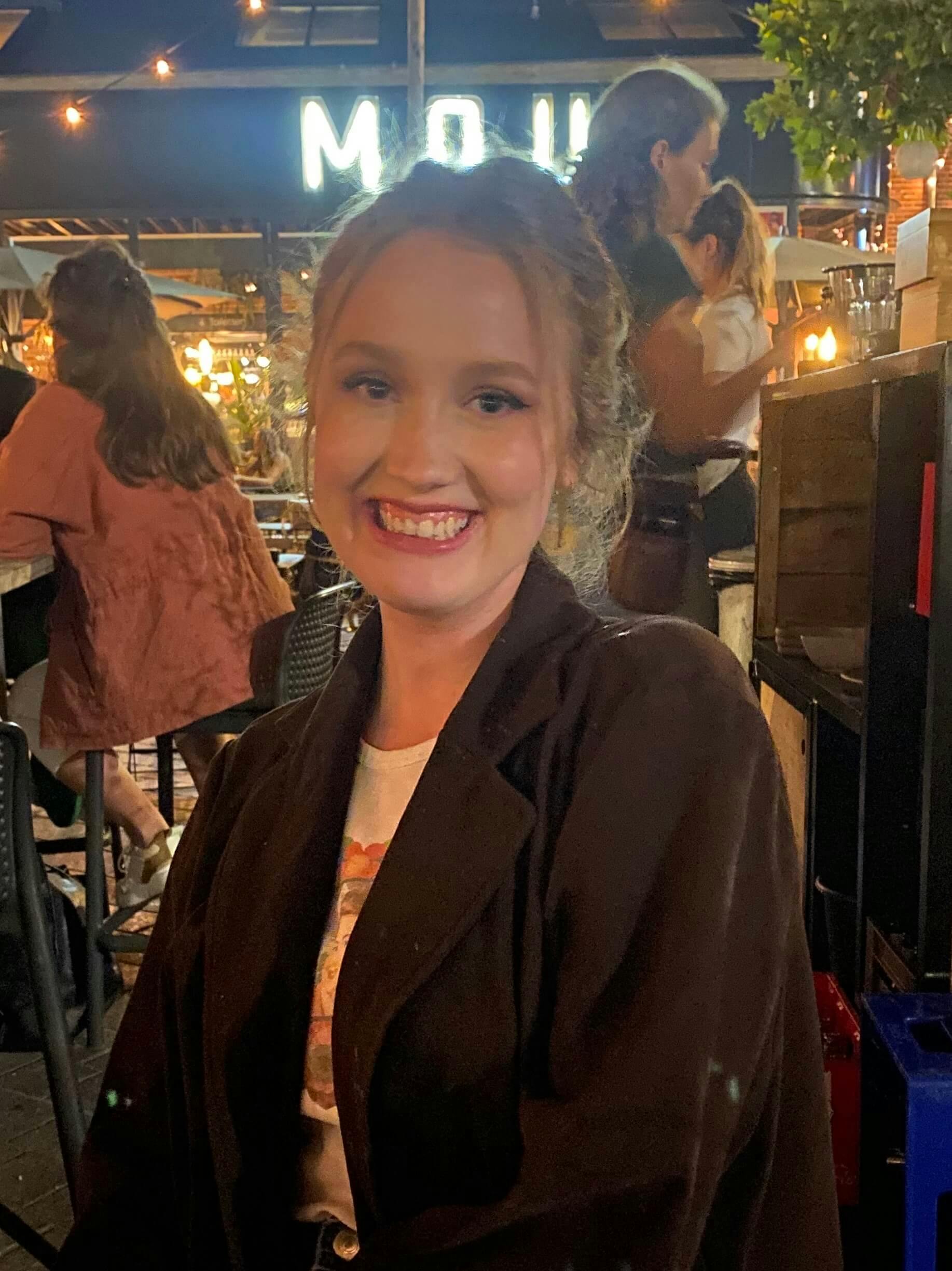
By Zoe Wilson
•
Mar 15, 2023
“I think our mission in life has got to be around understanding how we make this world a more inclusive place for everybody to be able to achieve their potential, contribute to their communities, and feel that they belong,”
Although neurodiversity has begun to move in from the periphery of our conversations on work culture in recent years, there remains a great deal of work to be done in order to cultivate more supportive and inclusive spaces for those with diverse neurological profiles, especially within business and education.
Flown sat down with Dr Tony Lloyd, CEO of the ADHD Foundation — the UK’s leading neurodiversity charity and the largest user-led ADHD agency in Europe — to discuss his journey with ADHD, and to get his views on the shifting landscape of neurodivergence in industry and education.
“One of the most illuminating and rich conversations I've had the privilege of sharing on this or, to be honest, any topic.”
Lloyd discussed how businesses can evolve inflexible work practices to better accommodate neurodiverse employees, as well as the challenges around breaking down workplace stigma, building frameworks to improve recruitment and retention, and how to create more neuro-inclusive environments at work.
Why celebrating neurodiversity matters
Sharing how is own struggle with ADHD led him to become a mental health specialist, Lloyd highlights how prevalent neurodivergence is.
“If you’re going to have any organization that’s successful you have to understand — whether people have a diagnosis or not — that 20% of your workforce are neurodiverse, and 20% of your customers are.”
Lloyd’s refreshing strength-based approach challenges businesses to go beyond merely accommodating neurocognitive capabilities that sit outside of the standard distribution curve, to instead discover ways to harness them.
“I think the D words like ‘deficit’ and ‘disorder’ don’t help. That needs to change. I don’t know that ADHD is a disorder… we see a lot of industries now who are actively recruiting neurodiverse people — whether it’s ADHD, autism or dyslexia — GCHQ, the security services, MI5 and MI6 in the UK are the most recent to announce that they recognize people with those kinds of mind excel at certain tasks.”
Lloyd stresses how having ADHD, autism, dyslexia, dyscalculia, dyspraxia or any other kind of neurodivergence does not make a person abnormal or disabled, but rather just different.
“I’m not sure that I would identify as being disabled. I know that some people do. If you’d have asked me is ADHD a disability when I was 14 years of age, then yes, in that context it most certainly was.”
The more that can be done to help people manage this context, the better equipped organizations will be to harness the considerable talents that are often a part of being neurodiverse. For many forward thinking businesses, this is already proving to be an advantage.
“Industry is way ahead of the curve than our education paradigm,” Lloyd explains. “If you need different solutions to new opportunities and new challenges then the people around the decision making table, of necessity, must be able to look at these challenges and opportunities from a different perspective and through a different lens, because we don’t live in a neurotypical world.”
The challenges of neurodiversity
Discussing the changing attitudes towards ADHD, Lloyd outlined his own personal experience with the condition, and how he’s learned to see it as a part of his identity.
“You can be different and still belong, because that is the universal design. We do not all have to be the same.”
It’s a thought echoed by a growing chorus of experts on neurodiversity.
As Eleanor Hope-Jones recently wrote for FLOWN, “Experts have theorized that neurodiversity was and is a core part of natural selection and evolution that helped us to survive.”
Discover the beauty of neurodiversity

For some, recognizing this evolutionary backdrop is helping to reduce the stigma often associated with neurodivergence.
“I think my job as a chief executive of a user led service like the ADHD Foundation, is to advocate for and represent the ADHD population — which is one in 20 people, who I think have been very misunderstood, stigmatized, experienced a lot of exclusion (some of it overt, some of it subtle), particularly within an educational context, but also in terms of access to health services.”
If you’re someone who identifies as neurodiverse (like me!) you might have felt like a fish out of water in some circumstances. Lloyd explains just one small example of how the world has been built around the minds of neurotypical people, and how that can be a challenge for neurodiverse individuals: “When you move, you produce more of a neurotransmitter called dopamine, which helps you concentrate. So sitting still is actually counterintuitive to cognitive functioning.”
Could it be that neurodivergence may have things to teach us about the human story, and the optimal conditions for harnessing human talent more generally?
With practices like body doubling, once thought to be ADHD-specific techniques, now becoming more popular among students and knowledge workers seeking ways to better harness their focus, many are considering what other unexpected benefits may be gleaned through the experiences and perspectives of those who are neurodiverse.
🗨️ Nearly 40% of Flown members identify as neurodiverse, and benefit from using 'Flocks'
Flocks are online coworking sessions that run every weekday, designed to provide community and free you from distraction, so that you can get more done, and feel good doing it.
Business and neurodivergence
As neurodiversity in the workplace becomes an increasingly common topic, you may be wondering how it’s affecting your business. The current conversations around this topic offer helpful advice and insight for anyone seeking information.
“The kind of competencies we value in our economy are different from what they were 20 years ago,” Lloyd explains. “I think businesses have recognized that you do need different perspectives, different opinions, different approaches, different ways of going about things. And that's a good thing.”
This is why FLOWN has recently partnered with Neurodiversity in Business, an organization created to support neurodiverse individuals in the workplace, allowing employees to flourish and contribute to their full potential.
The value of neurodiversity in the workplace
In Dr. Lloyd’s words – “you can be different and still belong, because that is the universal design. We do not all have to be the same.”
Neurodiversity in the workplace is important because it brings a range of perspectives and skills to the table. Those who are neurodiverse often have unique strengths and abilities that can be valuable assets to a team. They may have exceptional attention to detail, pattern recognition skills, creativity, problem-solving ability, or a different way of thinking that can lead to innovative solutions.
By embracing neurodiversity, employers can foster a more inclusive and supportive workplace culture, improve productivity and employee retention, and tap into the untapped potential of a diverse workforce, leading to a more diverse, creative, and innovative workforce.
Recognizing and embracing diversity in our communities, including workplaces, can have a positive impact on society as a whole, promoting acceptance, understanding of differences, and opportunities for the unique perspectives and talents of all employees to thrive.
